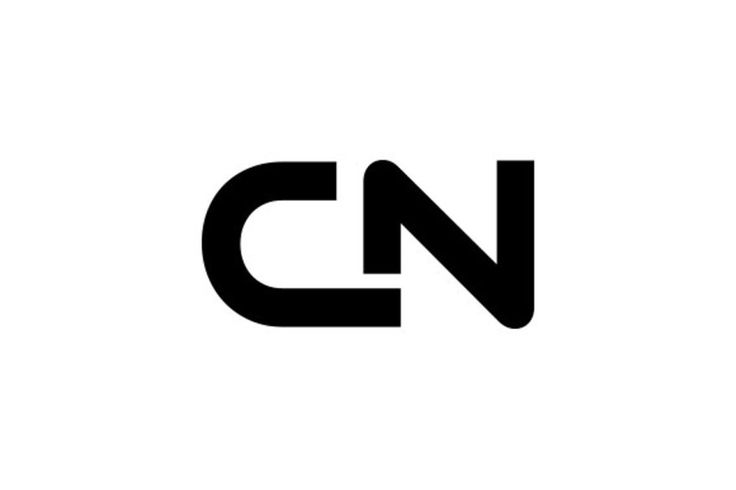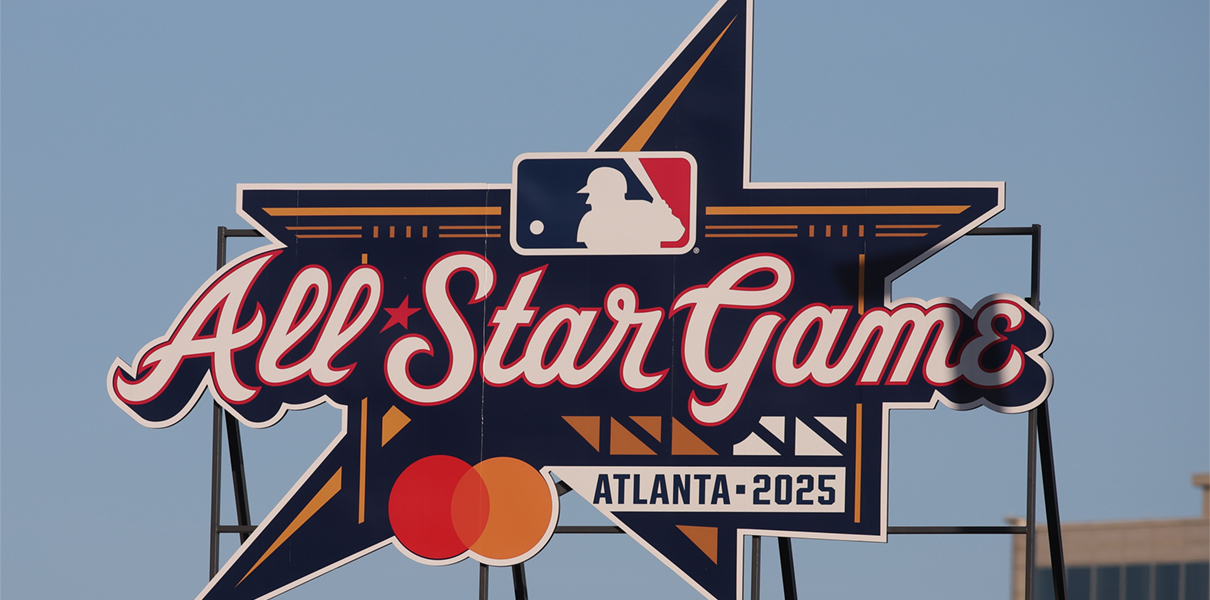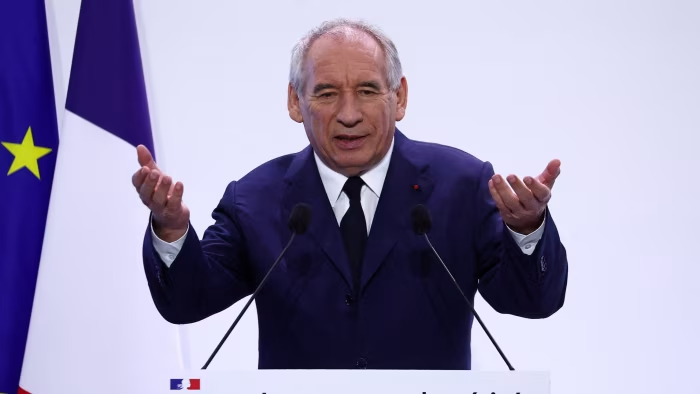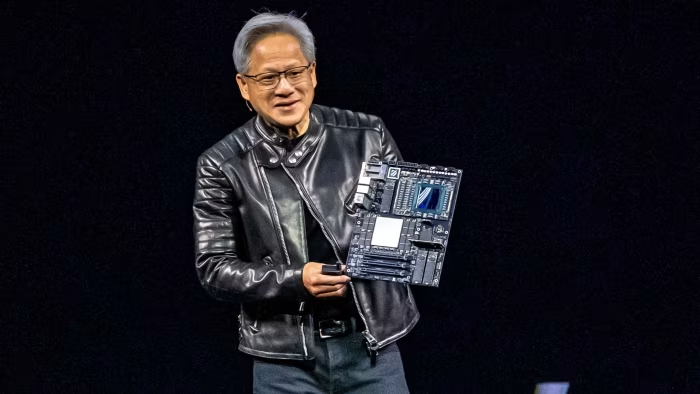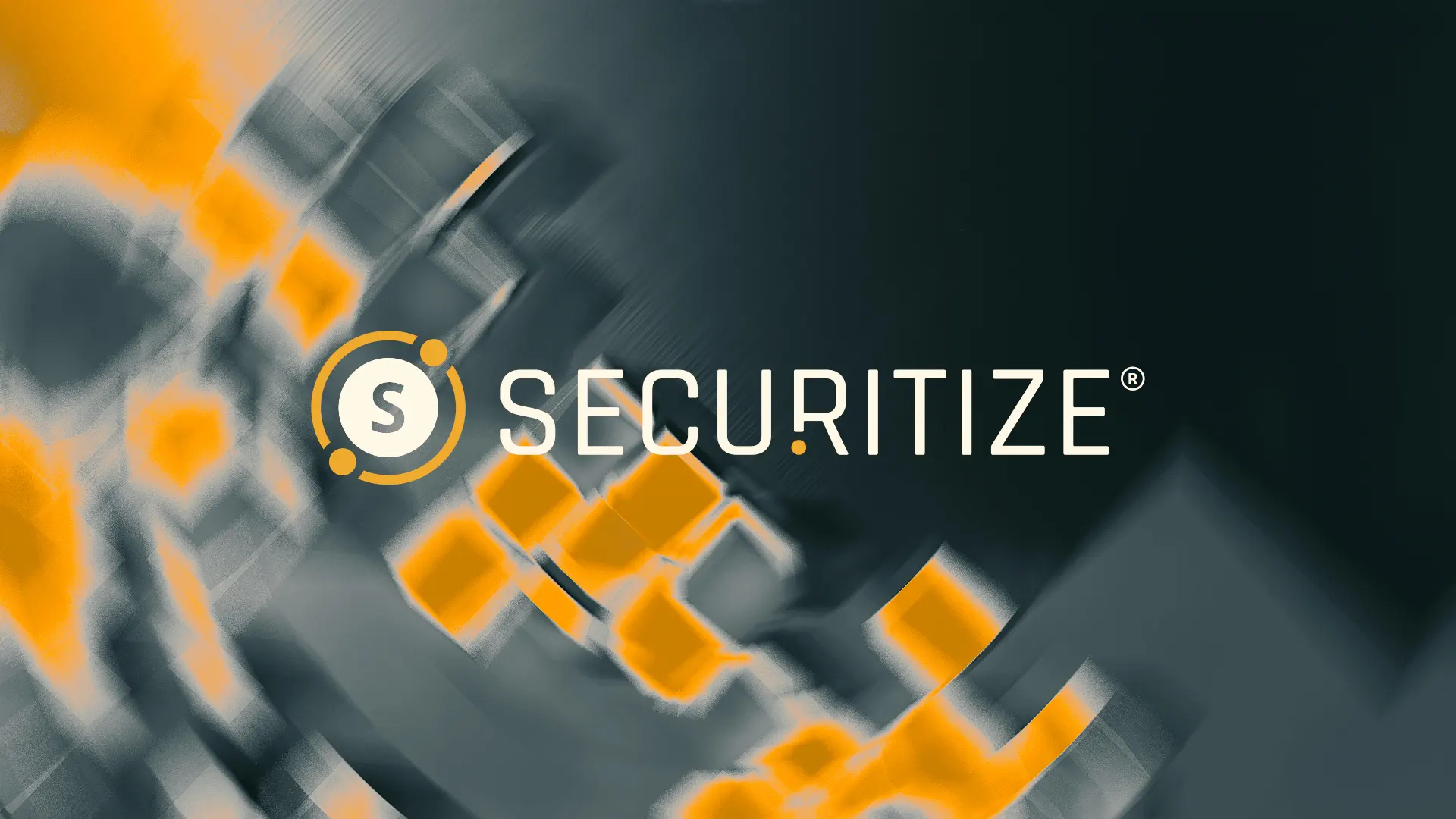Midjourney launches an AI video generator


Midjourney has released the first version of its video generation model to the public. For now, the tool can generate short videos based on images uploaded or created on the platform, but Midjourney plans on rolling out more capabilities in the future.
After creating an image using Midjourney, the service will show a new “animate” button that users can press to create a 5-second clip based on a text prompt. It will also show the option to add an image you uploaded to the platform as a “starting frame” for a video. The tool will generate a generic prompt that “just makes things move” by default, but a “manual” button lets users describe how they want the motion to look.
Users can extend an animation by four seconds up to four times, making for a 21-second-long video in total. There are also high and low motion settings that control whether both the subject and camera move, or just the subject.
Midjourney’s AI video generator is currently only available on the web and through the startup’s Discord server. It requires a subscription to the service, which starts at $10 / month for 3.3 hours of “fast” GPU time (around 200 image generations). The startup says it will charge “about 8x more for a video job than an image job,” adding up to around “‘one image worth of cost’ per second of video.”
Midjourney is currently the subject of a lawsuit from Disney and Universal, which cited the prospect of it launching a video generator as a special point of concern. It contends Midjourney offers a “virtual vending machine, generating endless unauthorized copies of Disney’s and Universal’s copyrighted work.” The in-progress video generation model was first announced in January, and Disney and Universal argued that its training process meant “Midjourney is very likely already infringing Plaintiffs’ copyrighted works.”
In a post announcing the generator, Midjourney founder David Holz says this first version is just “a stepping stone” as the startup works toward creating “models capable of real-time open-world simulations.” Google, OpenAI, and Meta have also launched AI video generators, all of which can generate videos with text prompts.
